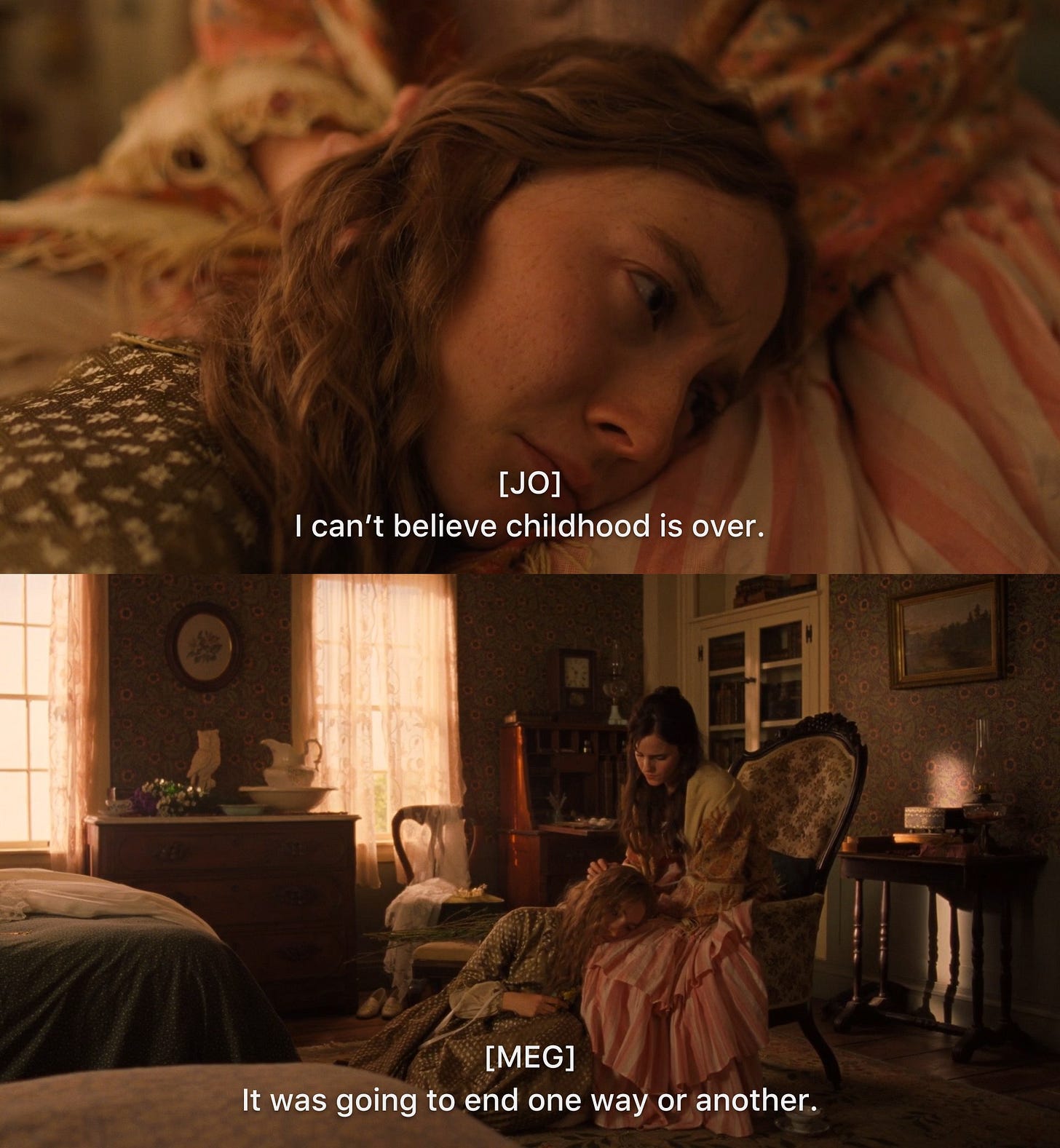It was eleven in the morning and I was lying on the mattresses spread across the floor, shoulder-to-shoulder with my cousins. The night—and morning—had passed as we played our favorite childhood games, screaming and falling over in laughter even when our parents woke up and peered into the room, shaking their heads in disapproval. Only then, as the sun shone through the curtains, had we finally decided to lie down.
Instead of falling asleep, we found ourselves whispering our thoughts into the ceiling.
My cousin asked if we regretted our annual trips to Pakistan instead of a more traditional vacation, and my sister and I loudly rejected the idea. I asked if they wanted to leave the country in the future, and they admitted how they considered it. We talked about my grandmother's old house compared to her current home we were all staying at, about marriage and moving out, about how, in just a few more summers, it would be so unlikely for all of us to be together like this under one roof.
“Guys,” I found myself saying, “We’re all growing up so fast, I’m gonna cry!”
I thought I was joking until the hot tears started rolling down my face.
My mother was the oldest of four siblings. She had an array of cousins that stretched across so many years we divided them into an older and younger generation.
At some point, our group, consisting of cousins from 21 to 12 years old, had become another older generation. The under-twelves had become the younger.
Out of our group, all but me and my sister live in Karachi. For our new-gen, my seven-year-old cousin and her infant sister are the kids abroad. Soon, they would be the one running into the arms of our grandfather at the airport and sobbing into their aunts shoulders before saying goodbye.
As I thought about the kids growing into our shoes, I wiped my tears with my mehndi-stained hands. The stains were for my five-year-old cousin’s Bismillah ceremony, celebrating her starting to read the Quran. My design unintentionally matched half the household. My aunt had her hands done first, and her daughter liked it so much that she asked for the same pattern, and our cousin saw her hands and made the same request, and I saw hers and continued the cycle.
Despite the physical distance, my cousins and I have always been as close as the delicate spirals adorning our mehndi. Lying there, I realized that our role in our family mirrored the generations before and after us. The mehndi continues to spiral outward.
When my aunt married my mother's brother, she was exactly my age. My only older cousin wants to get married, and although I don’t want that yet, I can still see it in my not-that-distant future. In three months, I’ll no longer be a teenage girl. My childhood sparkled with these summer nights at this house, but now, I can count my remaining summer vacations on one hand.
I feel like Jo March when she realizes Meg is to be married. Childhood really was over. The swirls of my mehndi are fading for new designs to take their place.
When I tried to voice this to my cousins, my sleep-deprived tongue didn’t know how to verbalize my thoughts. Still, I could tell from the small silence following they understood just what I meant — after all, they always have.
We promised to never become impassionate adults. To always make the effort. To crash at each other’s houses no matter where in the world they may be. To coordinate trips where we might meet in places other than this home we all hold so dear, this home where my cousin once proclaimed she hoped we all died inside so we would never have to live separately.
We promised that when our kids become the ones lying on the floor at eleven in the morning, we would be having our own early-morning conversations in the room next door.
Mehndi is temporary. I hope we retain more permanency.






wow, i really resonate with this 🥺 there’s just something so unique about childhood in a desi family !
This was beautiful - reminded me of sitting in a room with all my cousins in Peshawar nearly 10 years ago. Here's to permanency ⭐